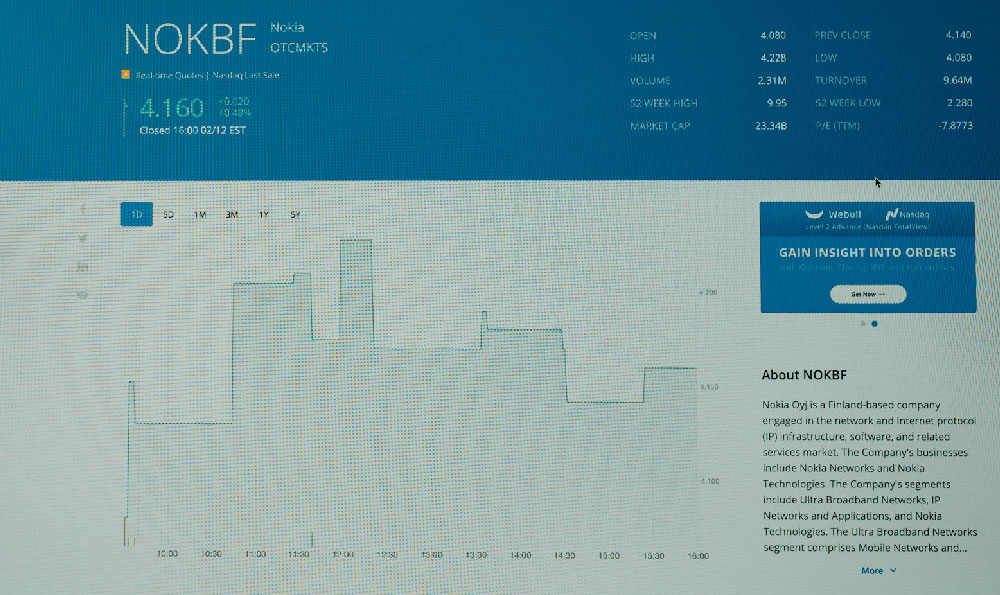Starting a blog can seem like a daunting task, a journey into the unknown depths of the internet. But it’s also an incredibly rewarding venture, a creative outlet, a platform for sharing your passions, and, yes, a potential source of income. The question of profitability, however, is often the elephant in the room. Let's delve into the practicalities of launching a blog and the realities of turning it into a money-making machine.
The first step is choosing your niche. What are you passionate about? What knowledge or experience can you consistently share with an audience? This is crucial because the more specific your niche, the easier it will be to attract a dedicated following. Trying to be all things to all people is a recipe for disaster. Focus on a subject you genuinely enjoy and are knowledgeable about. This authenticity will shine through your writing and resonate with your readers. Consider the market demand as well. Is there an audience for your chosen topic? Research existing blogs and forums to gauge interest and identify gaps you can fill.
Once you have your niche, it's time to select a blogging platform. WordPress.org (self-hosted) is the industry standard for a reason. It offers unparalleled flexibility, customization options, and control over your website. While platforms like Blogger, WordPress.com, or Squarespace are simpler to set up initially, they often come with limitations on monetization and customization down the road. Investing in a domain name (yourblogname.com) and web hosting is a small price to pay for the long-term benefits of owning your online real estate.

Next comes the design and layout of your blog. Choose a theme that is clean, professional, and easy to navigate. A cluttered and confusing website will drive visitors away before they even have a chance to read your content. Focus on user experience. Ensure your website is mobile-friendly, loads quickly, and has clear calls to action. Investing in a premium theme or hiring a web designer can be a worthwhile investment, particularly if you lack technical skills.
With your blog set up, the real work begins: creating compelling content. This is the heart and soul of any successful blog. Your content should be original, informative, engaging, and valuable to your target audience. Aim for consistency in your posting schedule. Whether it's once a week or three times a week, establish a routine and stick to it. High-quality content is essential, but so is consistency. Search engine optimization (SEO) is another critical aspect of content creation. Research relevant keywords and incorporate them naturally into your blog posts, titles, and descriptions. This will help your blog rank higher in search engine results and attract organic traffic.
Now, let’s address the burning question: how to actually make money blogging? There are several proven methods, each with its own advantages and disadvantages.
Affiliate marketing is a popular option. This involves promoting other companies' products or services on your blog and earning a commission for every sale made through your unique affiliate link. Choose products or services that are relevant to your niche and that you genuinely believe in. Transparency is key; always disclose your affiliate relationships to your readers.
Advertising is another common monetization strategy. You can display ads on your blog using platforms like Google AdSense or work directly with advertisers to sell ad space. The amount you earn will depend on your website's traffic and the placement of your ads. While advertising can generate passive income, it can also be intrusive and detract from the user experience.
Selling your own products or services is a more direct way to generate revenue. This could include ebooks, online courses, coaching services, or physical products related to your niche. Creating your own products requires more effort upfront, but it also offers the potential for higher profit margins and greater control over your brand.
Sponsored posts are another avenue for monetization. Companies will pay you to write about their products or services on your blog. These posts should be clearly labeled as sponsored content and should be relevant to your audience.
Building an email list is essential for long-term success. Offer a free ebook, checklist, or other valuable resource in exchange for email addresses. This allows you to communicate directly with your audience, promote your products or services, and build a loyal following.
Finally, remember that blogging is not a get-rich-quick scheme. It takes time, effort, and dedication to build a successful blog and generate a sustainable income. Be patient, persistent, and willing to learn. Network with other bloggers in your niche, engage with your audience, and constantly strive to improve your content and your website. The more value you provide to your readers, the more likely you are to succeed in the long run. Don't be afraid to experiment with different monetization strategies and track your results to see what works best for you. It's a marathon, not a sprint.












